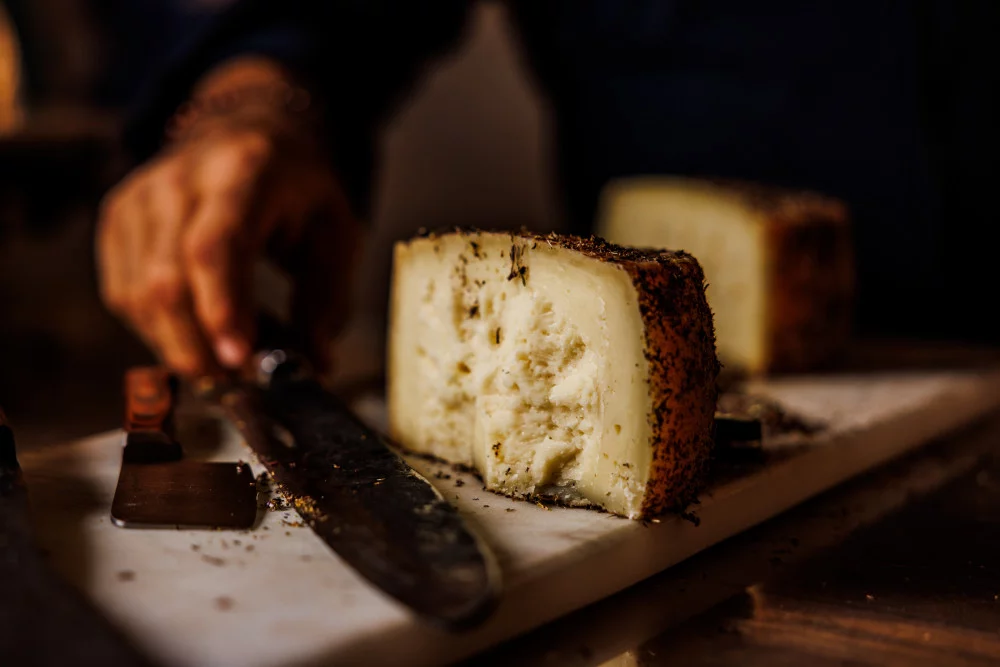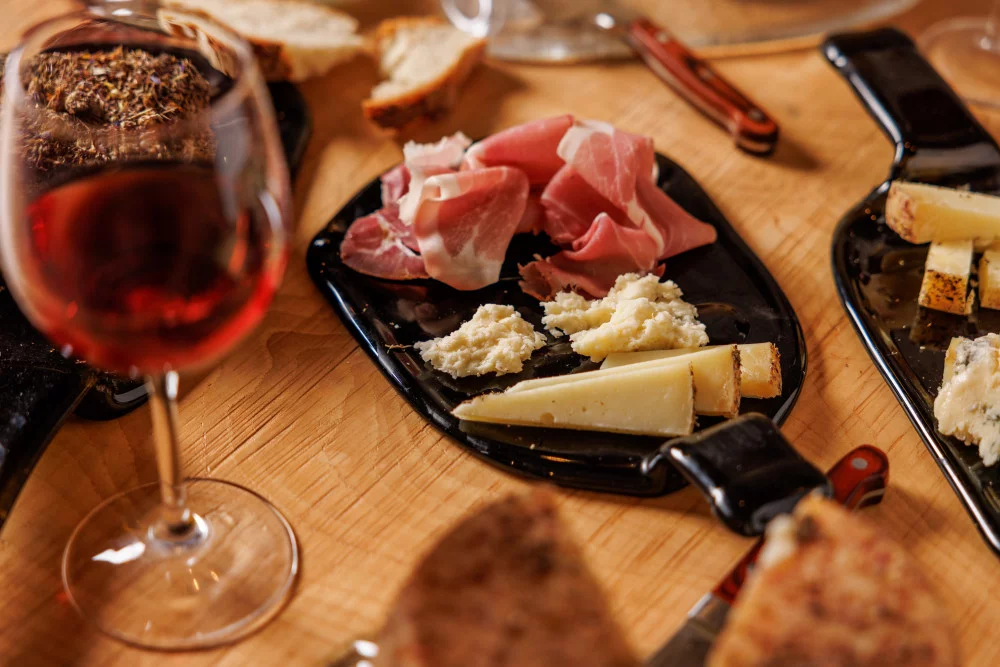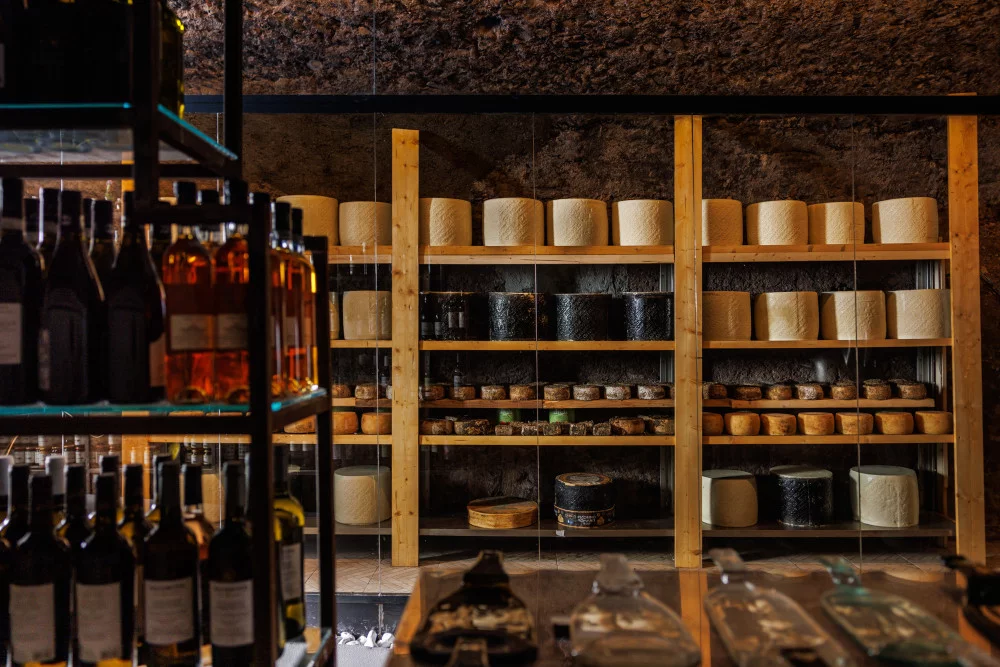In the introductory article on urban wine tourism we explored how wine bars are becoming central to the rise of urban wine tourism.
But what does this mean in practical terms? It means that wine bars are not only places where wine is consumed, but spaces where value can be created. A single glass of wine generates revenue. Turning that same glass into a short, curated tasting generates more revenue, more engagement, and more loyalty — without increasing complexity.
Why Experiences Create More Value
Selling a glass or bottle to a regular customer is good business. But presenting wine as part of a guided tasting adds a new layer of value.
Wine guest → 1 glass, €7
Wine experience guest → 3 small tastings with a small pairing, €20/25
The effort and time required are nearly the same. What changes is predictability and outcome. You know in advance who is coming, at what time, and what they will be served. Beyond the tasting, guests often stay longer, order additional products, or purchase bottles to take home.
Why Travelers Are Willing to Pay More
A glass of wine is a transaction. An experience is a memory.
Travelers are not simply buying liquid in a glass. They are buying a story, a sense of place, a moment of relaxing and the feeling of having discovered something unique they can share with friends at home guaranteeing that they visited the town "off the beaten paths". This is why they are willing to spend more for the same wine when it is presented within a structured, cultural moment.
For wine bars, this shift is significant. It means each guest represents higher revenue, stronger word-of-mouth, and greater differentiation from competitors.
The Role of Winedering
For this model to work, visibility and trust are essential. Travelers need to discover these experiences in advance, and wine bars need a reliable channel that brings guests who are ready to pay.
Winedering provides this bridge. Each booking is pre-paid, which eliminates the risk of no-shows. Wine bars keep full control of pricing, availability, and format, while reaching an international audience actively searching for wine experiences in cities.
This creates a win-win dynamic:
Guests enjoy authentic, bookable experiences with clarity and confidence.
Wine bars increase their average spend per customer, without fixed costs or uncertainty.
If a customer does not show up after the booking was made? Wine bars are protected.
Conclusion
Urban wine tourism is not just about attracting travelers — it’s about reimagining the value of every glass served. By framing wine as an experience, wine bars open the door to higher revenues, deeper connections, and long-term growth.
Ready to get started?
Sign up now and start selling your wine experiences at your wine bar


